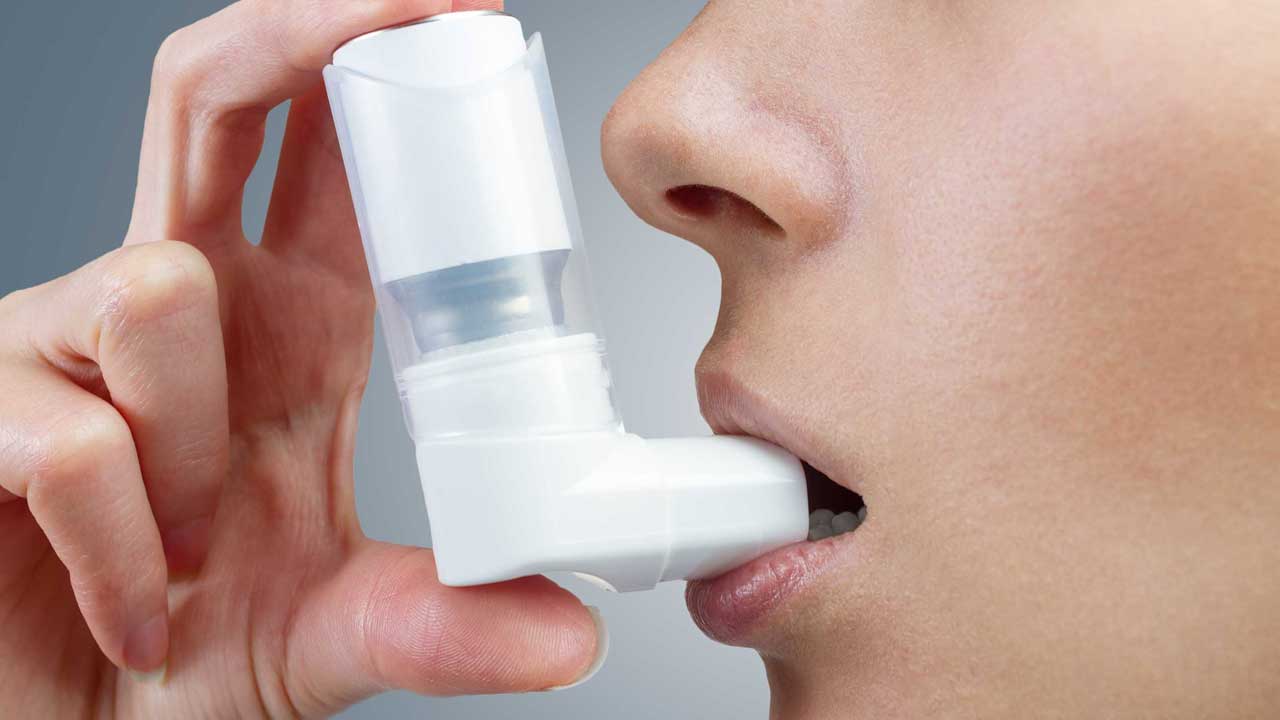Asthma and COPD are often confused because of their overlapping symptoms. Both of them are characterized by wheezing and shortness of breath.
Asthma is a chronic lung disease that is more common in childhood. It may get reversed with time.
Symptoms – Tightening of chest, constriction of lungs, shortness of breath, coughing, wheezing. These symptoms often get worse with asthma attacks. Asthma attacks can be brought on by triggering factors like allergies, exercise, irritating fragrances, and lung infections. Attacks can be life-threatening, but they’re usually treatable at home with inhalers.
COPD is a group of chronic lung diseases that includes chronic bronchitis and emphysema, which are caused by smoking and don’t typically appear until after age 40. In chronic bronchitis, a large amount of mucus is produced along with cough and in emphysema, the tiny air sacs of the lungs get damaged and scarred. Asthma triggers could also lead to serious COPD exacerbations that require hospital admission.
PFT test for diagnosis
Generally, doctors advise PFT tests for the diagnosis of asthma and COPD. A PFT involves taking a deep breath and then exhaling as long and hard as you can into a special tube. The tube is attached to a computer, which measures your lung strength and capacity, or the amount of air you’re able to exhale. This score determines your lung capacity. Doctors may also advise for blood tests and chest x-rays.
Prevention
COPD is easily preventable as the majority of the cases are due to smoking. Unlike COPD, asthma can’t be prevented but you can very well control the number of attacks by avoiding triggers, using inhalers, and getting annual flu shots. Smoking can’t cause asthma but it can trigger asthma attacks. So, asthma patients need to stay away from any kind of smoke.
Asthma can’t get further advanced into COPD. However, if you don’t treat asthma or unmanaged/uncontrolled long-standing asthma can put you at risk for COPD.
Treatment
Quitting smoking
Inhalers therapies – bronchodilators and steroid
Asthma and COPD patients need to visit their lung specialist at least once a year to update their condition and treatment. Timely intervention is really helpful.
Disclaimer: The content on this site is for informational purposes only, and should not be taken as professional medical advice. Always seek the guidance of your doctor or other health professionals for any questions you may have regarding your health or a medical condition.

 The telltale signs of asthma and COPD somewhat overlap. Thus, it creates confusion. Get some deeper knowledge that will help you to distinguish between these.
The telltale signs of asthma and COPD somewhat overlap. Thus, it creates confusion. Get some deeper knowledge that will help you to distinguish between these.





.jpeg)
.jpeg)
.jpeg)

.jpeg)
.jpeg)
.jpeg)

.jpeg)
.jpg)





.jpeg)

.jpeg)








.jpeg)